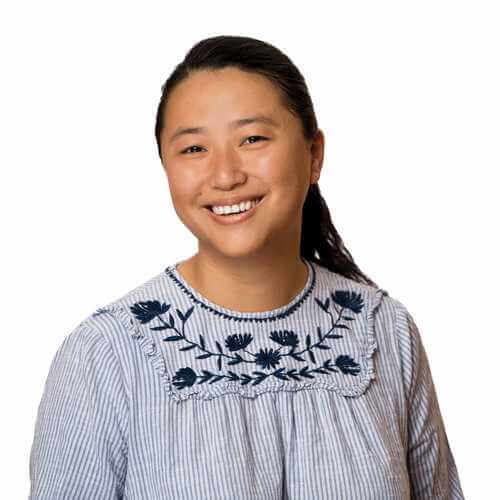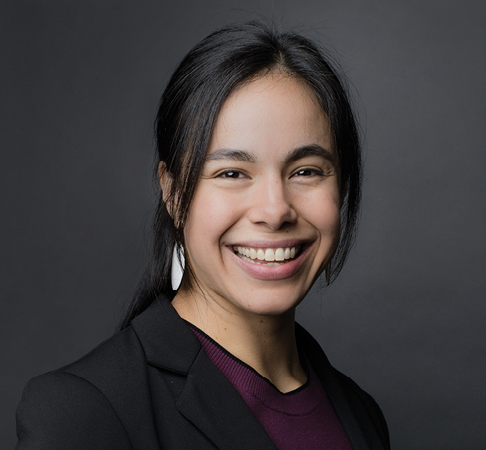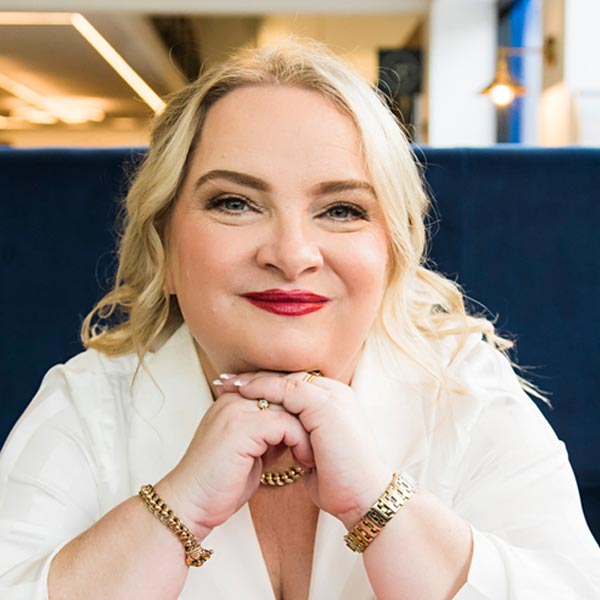Using storytelling to inspire empathy and change minds
It is key to advancing social change and creating equitable societies

The Spark
More than 80% of people living with dementia or neurodegenerative disorders (NDD) depend on a non-professional care partner or family member for support and care.
Even before COVID-19, more than 90% of NDD care partners experienced a significant burden and higher levels of loneliness and social isolation compared to non-carers. Given that data is essential to eliciting action from governments, care agencies and the community, this group of Fellows investigated the significant secondary impacts of COVID-19 physical distancing on the mental well-being and care burden on care-givers, many of whom are older and physically vulnerable themselves.
"COVID-19 tremendously impacts dementia care, specifically carers’ mental health and burden. The Atlantic Institute funds contributed to understanding the carers’ burden globally, and facilitated the collaboration among Atlantic Fellows from different countries."
Yaohua Chen, Atlantic Fellow for Equity in Brain Health

Designed to enfranchise health workers serving the most marginalized communities during the COVID-19 pandemic, the Storytelling Project harnessed the expertise of a number of individuals and organizations in Uganda, Australia and the United States. The Atlantic Institute funding enabled the training of 37 Ugandan frontline healthcare workers, ten US grassroots advocates, and eight Atlantic Fellows on Storytelling for Advocacy.
.avif)
The Initiatives
- To develop a storytelling for advocacy toolkit highlighting best practices and case studies of what works across disenfranchised communities in the U.S., Uganda, Africa and Australia.
- To train and build capacity among 30 grassroots community health workers and advocates on the best practices of using storytelling for advocacy.
- To train and build capacity of Atlantic Fellows (Goal: minimum of two Fellows per program)
- To provide mentorship to the 30 grassroots community health workers utilizing storytelling for advocacy.
- To create three toolkits: one for frontline health workers, one for grassroots community advocates, and one for Atlantic Fellows.
.avif)
The Scale
In October 2020, the host organization Rural Elites Mentorship Initiative (REMI) East Africa trained 37 rural health workers on the frontlines of COVID-19 in Uganda, providing a storytelling toolkit as well as digital literacy training. These initiatives led to a partnership with SEED Global Health and Critical Care Nurses Association, Uganda, to further address knowledge gaps.
In the United States, Atlantic Fellow for Health Equity US + Global, Elena Rivera, led the storytelling for advocacy training for ten grassroots community advocates. The session included insights and examples of advocacy and storytelling from Uganda, the United States and Australia. Participants shared a wide range of advocacy issues, including housing, health care, immigrant rights, nursing, families experiencing disability, child care, and resource navigation.
The Future
Training of Atlantic Fellows in storytelling advocacy will take place in September 2021 and will be led by Atlantic Fellow for Social Equity, Juanita Wheeler. The Atlantic Institute funding enabled the team of Fellows to gain the trust of health workers while a number of institutions, including PATH and AMREF Advocacy Accelerator, reached out to learn best new practices for advocacy during the pandemic.
Media Mentions
The Initiative is working on releasing the Holistic Safety Education course and offering training on using HoSAI as a tool to improve the safety of girls and frontline defenders working with them.






